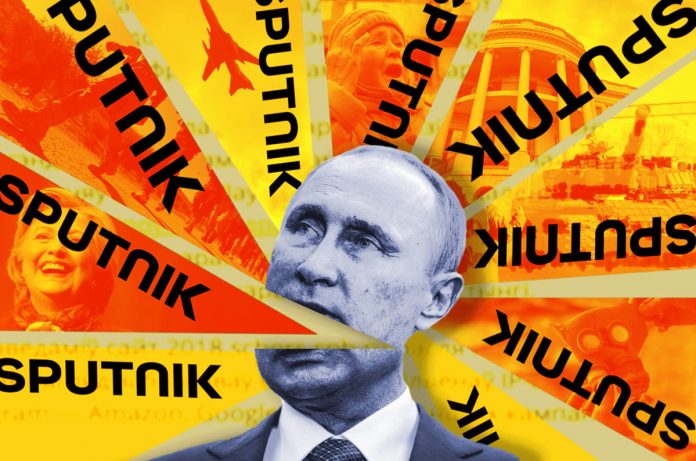Russian internet trolls based in an old arms factory in St Petersburg are targeting world leaders online and spreading support for Vladimir Putin’s invasion of Ukraine according to the British government.
Hijacking
St Petersburg unit is hijacking discussions on Twitter, TikTok and Instagram as well as manipulating opinion polls, research cited by the UK government said.
Online operatives were found to be ordering followers to target western media outlets and politicians, according to research funded by the UK government. It plans to share it with major online platforms and other governments, the Guardian reported.
The troll farm is said to recruit and hire salaried workers openly, justifying the work as “patriotic activity” in support of the “special military operation” in Ukraine.
The British foreign secretary, Liz Truss, said: “We cannot allow the Kremlin and its shady troll farms to invade our online spaces with their lies about Putin’s illegal war.
Russian information operations
“The UK government has alerted international partners and will continue to work closely with allies and media platforms to undermine Russian information operations.”
The troll factory is suspected to be linked to Yvevgeny Prigozhin, who founded the Internet Research Agency which us accused of meddling in the 2016 U.S. election that saw Donald Trump win the presidency.
The study details how the Russian president’s regime is trying to manipulate public opinion on social media, as well as in the comments sections of major media outlets.
Targets include the social media accounts of British Premier Boris Johnson, the German chancellor, Olaf Scholz; and the EU foreign policy chief, Josep Borrell.
The Foreign Office was not identifying the researchers behind the work amid concerns over their safety for conducting work critical of the Russian president’s regime.
TikTok Influencers
The research said TikTok influencers were also being paid to amplify pro-Kremlin narratives. Operatives also amplified genuine messages by legitimate social media users that happen to be consistent with the Kremlin’s viewpoint , apparently to evade social media platforms’ measures to combat disinformation.
The analysis suggests one main activity is “brigading”, to steer attention of discussion on social media and in comments sections of newspapers towards favored opinions.
Manipulation
Manipulation of polls in western media was also observed, including to skew the results of a survey on whether sanctions against Russia were supported.
Activities on Twitter and Facebook were detected, but were found to be particularly concentrated on Instagram, YouTube and TikTok.
Romania’s government launches ‘Russian disinformation ‘platform




















